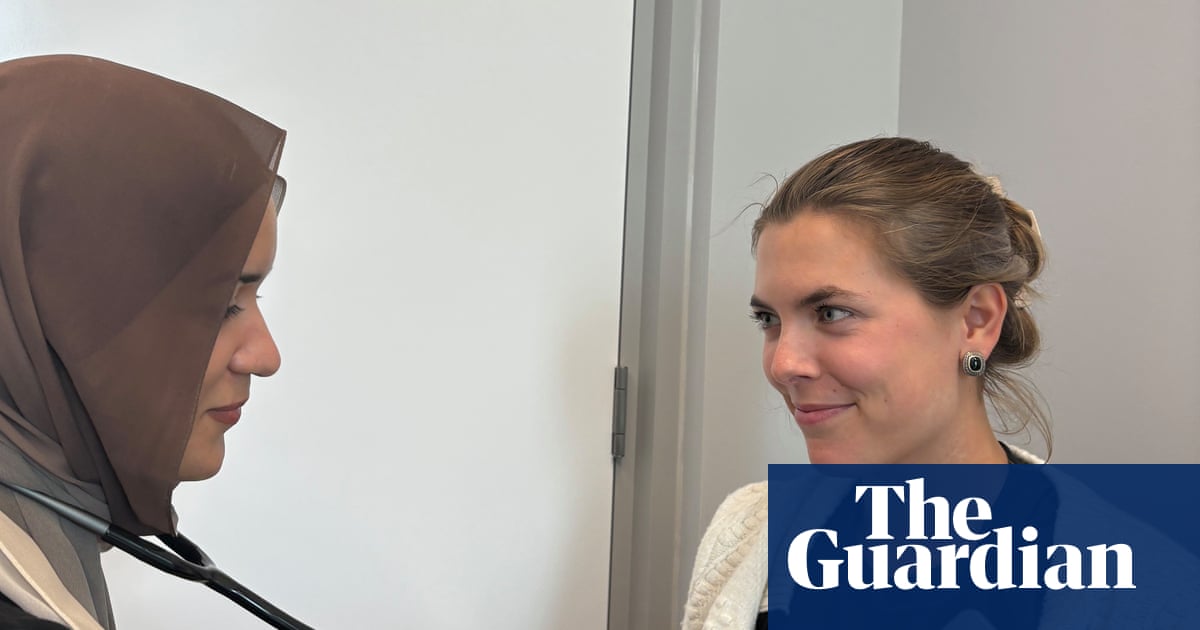
"Doctors have successfully developed an artificial intelligence-led stethoscope that can detect three heart conditions in 15 seconds. Invented in 1816, the traditional stethoscope used to listen to sounds within the body has been a vital part of every medic's toolkit for more than two centuries. Now a team have designed a hi-tech upgrade with AI capabilities that can diagnose heart failure, heart valve disease and abnormal heart rhythms almost instantly."
"The new stethoscope developed by researchers at Imperial College London and Imperial College healthcare NHS trust can analyse tiny differences in heartbeat and blood flow undetectable to the human ear, and take a rapid ECG at the same time. Details of the breakthrough, which could boost early diagnosis of the three conditions, were presented to thousands of doctors at the European Society of Cardiology annual congress in Madrid, the world's largest heart conference."
"A study trialling the AI stethoscope, involving about 12,000 patients from 200 GP surgeries in the UK, looked at those with symptoms such as breathlessness or fatigue. Those examined using the new tool were twice as likely to be diagnosed with heart failure, compared with similar patients who were not examined using the technology."
The AI-led stethoscope analyses tiny differences in heartbeat and blood flow undetectable to the human ear and simultaneously records a rapid ECG. The device can detect heart failure, heart valve disease, and abnormal heart rhythms in about 15 seconds. A UK trial including roughly 12,000 symptomatic patients across 200 GP surgeries showed doubled heart failure diagnoses, tripled atrial fibrillation detection, and nearly doubled heart valve disease diagnoses when the device was used. Early identification enables timely initiation of lifesaving medicines and earlier specialist referral. Deployment in primary care could substantially improve early diagnosis rates and patient outcomes.
Read at www.theguardian.com
Unable to calculate read time
Collection
[
|
...
]